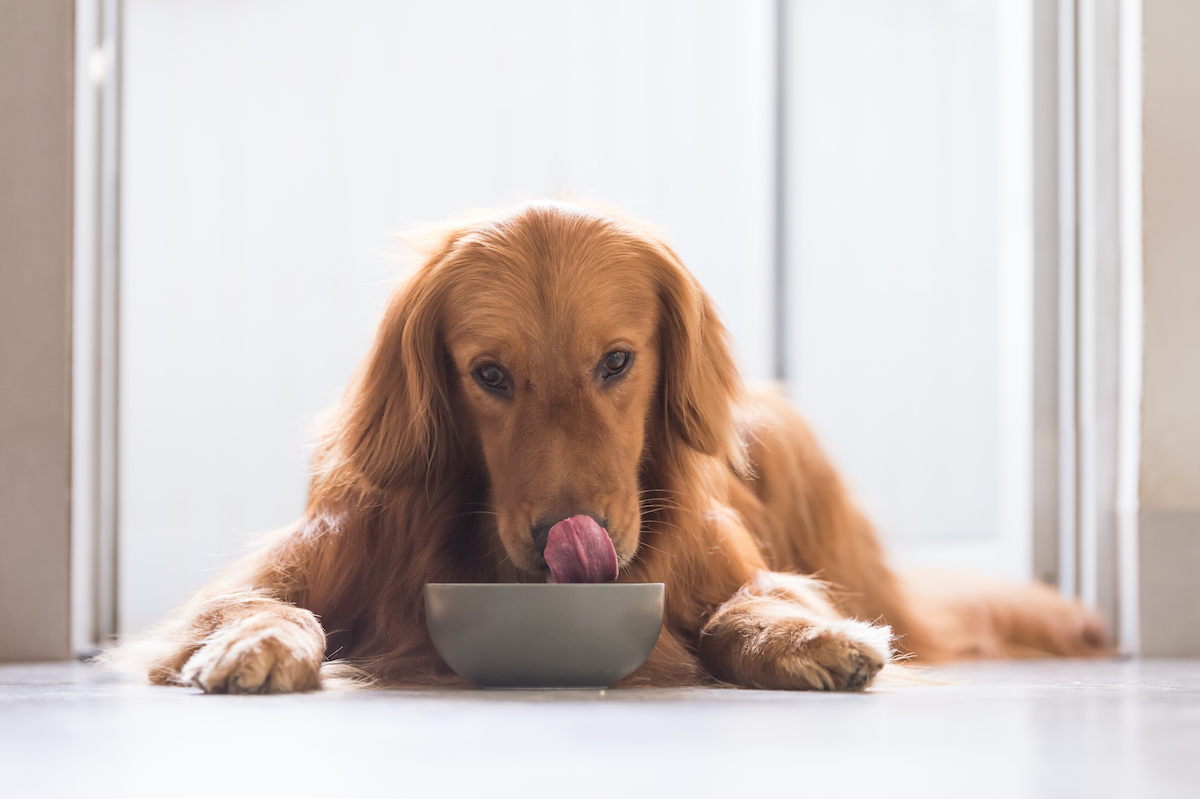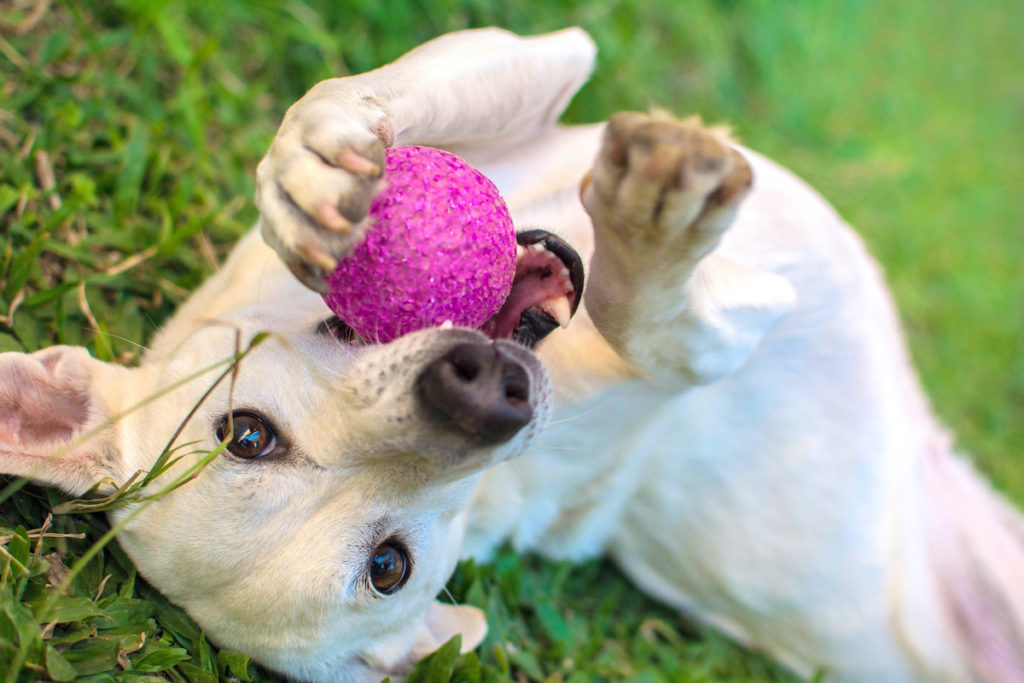Growing up with a pet dog is advantageous to a child. Pet dogs can teach children valuable lessons that will, later on, shape their perspective in life. Childhood is a critical developmental phase where a child learns fundamental social relationships. It affects the child’s emotional well-being, quality of health, and his behavior later on in life.
Companion animals such as a pet dog help promote the child’s healthy emotional development. If you are worried that a puppy might harm your child, you can enroll your puppy in a school for obedience training. It can teach the dog how to be obedient and pliable at an early age.
Here are some known benefits of pet ownership:
1. Pets teach kids the concept of responsibility.
It is a life lesson that your child will never forget. Entrusting him with a living being that will be dependent on him is a life-changing introduction to responsibility. You can give simple tasks to a child as young as three years old. Teach your child to fill the water and food bowls and pick up after the puppy. As the child gets older, he can start to walk and groom his dog.
2. Pets boost your child’s confidence.
Being responsible for a pet’s well-being is good for a child’s self-esteem. Whenever the child completes a task, it boosts his self-confidence.
3. Pets teach your child empathy.
Since your pet dog cannot speak, your child will need to read the dog’s actions and body language. He will have to learn to read the dog’s needs. Is the dog hungry? Is the dog sleepy? Does he want to play? Is he scared of thunder? Empathy is an important trait that can help your child grow up into a better person. It helps your child understand how others are feeling so that he can respond appropriately.
4. Pets teach children unconditional love.
A pet dog will never judge you, no matter how bad of a person you think you are. A pet dog simply loves unconditionally, and this is a wonderful example to show to your child. A pet is someone who can listen to a child’s rantings without any backlash. Your pet dog can be your child’s most trusted confidant. They can be the recipient of your child’s innermost thoughts and fears—no judgment or hatred, just pure love.

5. Pets are good for your child’s cognitive development.
A pet dog can help facilitate a child’s language development. It encourages verbal skills in children as they babble to the dog. A pet dog can also encourage the child to talk, such as when the child gives praise or commands the dog to do some simple actions. It also teaches the child social skills early on in his life.
6. Pets are good for your child’s health.
Children with pet dogs tend to be more physically active. Playing with the dog gives the child opportunities to be more active and to be more outdoors. Studies also show that pet dogs can help strengthen your kid’s immune system against allergies and asthma.
7. Pets teach respect.
Having a pet dog can teach your child how respect works. Just like humans, your pet dog has boundaries. He might not like being hugged. He might not like his food to be touched when he’s eating. Your child will need to understand your dog’s personality and traits. Of course, it’s your role as the parent to teach these things to your child. Show your child how your dog wants to be pet and things he should avoid doing (like jumping on the sleeping dog).
8. Pets fulfill your child’s emotional needs.
Pet dogs can create strong bonds and relationships with humans. They foster feelings of love, loyalty, compassion, and affection, allowing your child to feel and learn these emotions. They also teach the child how to deal with grief and loss when the pet crosses over the rainbow bridge.
Things to Remember
Of course, having a pet is not all fun and play. As parents to the child and the dog, you will need to ensure the safety and wellness of both by doing the following:
- You should monitor your child with your dog at all times. It will be too much to expect that your child will behave appropriately around your pet at all times.
- You must still oversee the care your pet receives.
- If your child forgets to do his tasks or become lax, you must take over.
- You are your child’s role models. Your child will mirror your behavior. They can learn to be responsible pet owners by observing you.
Adopting a puppy or a dog can be the best decision you can make for your family. Just remember specific responsibilities come along with that adorable, furry bundle.



















